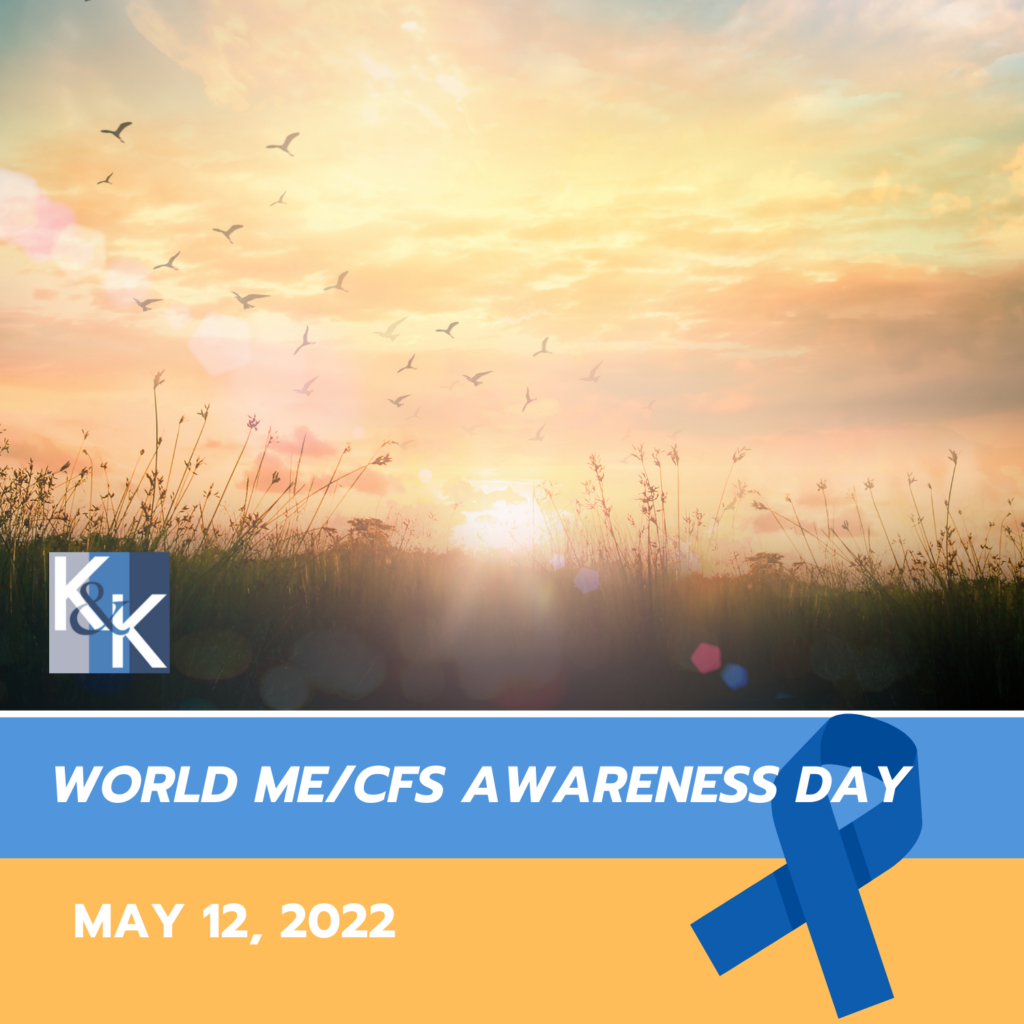
Myalgic encephalomyelitis (ME) – also called chronic fatigue syndrome (CFS) – is a serious and often permanent health condition characterized mostly by constant exhaustion and chronic pain. Although this condition is diagnosed hundreds of thousands of times per year in the United States, it is still not well understood. It is hardy even talked about among people who do not live with it, either.
World ME/CFS Day from the World ME Alliance hopes to bring more awareness to this health condition, so people with it will have an easier time getting the help and support that they need to live comfortably. This year, World ME/CFS Day will be on May 12th, which leaves plenty of time to learn more about it and what you can do to support it.
World ME Alliance wants everyone to know at least three things about ME and the people it affects:
- Self-taught experts: Because ME/CFS has long been unfairly dismissed as people “just being lazy” or “just complaining,” the medical information about this condition is limited. As a result, most people with ME/CFS had to learn about it on their own by cataloging their symptoms, connecting with others with the same symptoms, and gradually ruling out what their symptoms were not. The global ME/CFS community is comprised of self-taught experts – but they need support from medical communities, too.
- Long-COVID similarities: One of the greatest concerns of COVID-19 is the threat of long-COVID. This syndrome occurs when coronavirus symptoms linger and/or transform for months or years after the patient “recovers” from the worst of the virus. Understanding what causes long-COVID and how to treat it could be much improved by researching ME/CFS, which is believed to be a post-viral illness in many cases.
- Need for better research: Overall, scientific and medical research into ME/CFS and its causes, symptoms, and treatments need to improve greatly. Not only does it need more funding, but it needs to pay more attention to ME/CFS patients who actively want to participate in the studies.
ME/CFS Complications in Day-to-Day Life
Some of the most common types of ME/CFS symptoms include:
- Fatigue that lasts more than six months
- Narcolepsy or “sleep attacks”
- Joint and muscle pain
- Fogginess or lack of concentration
- Anxiety and depression
- Headaches or migraines
As it can be seen, these symptoms can be devastating to the routine of day-to-day life. Going to work can be particularly difficult during an ME/CFS spell that is worse than usual. As such, some ME/CFS patients might qualify for long-term disability benefits if the condition routinely interferes with their ability to earn an income.
But insurance companies often do not respect ME/CFS disability claims. Part of the problem is that the condition is poorly understood and documented, so insurers might try to dismiss it as fake. Anyone who wants to explore disability options after receiving an ME/CFS diagnosis should do so with the assistance of an attorney who can act quickly in case of insurance company interference.
How You Can Help Spread Awareness
On the official World ME Day website (https://worldmealliance.org/worldmeday/), you can find numerous ways to take action and help raise ME/CFS awareness.
If you need legal help with an ME or Chronic Fatigue Syndrome disability claim, then you should contact Kantor & Kantor, LLP to see if we can assist you. Contact the firm now for more information.

